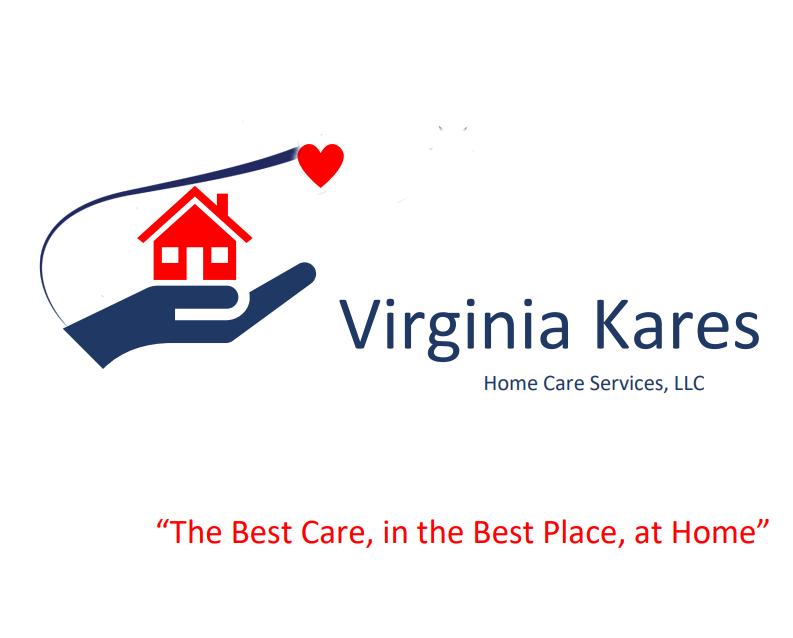
Home Equity Loan or Reverse Mortgage
Can a home equity loan or reverse mortgage be used to pay for home care?
If you have equity in your home and a source of income, perhaps through investments or retirement savings, a home equity loan is one option to pay for home care. If you are 62 or older, and on a fixed income, a reverse mortgage lets you tap into your home equity to pay for home care. Under this scenario, you would be granted a loan from the bank based on the equity in your home. You don’t have to pay that money back until you sell the home or die. You must still pay property taxes, insurance, and interest on the reverse mortgage. It’s important to remember that tapping into your home’s equity to pay for home care can create challenges if you want to sell your home or can reduce the inheritance for your surviving family members.
- Home owners can never owe more than their home’s value
- Lenders cannot force seniors out of their homes
- Loans become due when the last borrower sells the home, moves out of the home for 1 year or passes away
- Reverse mortgages does not affect one’s Medicare or social security benefits but can potentially impact Medicaid eligibility.
- Reverse mortgage can be re-financed; therefore a down real estate market should not be a consideration factor
- There is no restrictions on how the money can be used

A reverse mortgage is a special type of home equity loan that allows you to receive cash against the value of your home without selling it.
For most reverse mortgages
- You can choose to receive a lump-sum payment, a monthly payment, or a line of credit
- There are no restrictions on how you use the remainder of the money
- You continue to live in the home and you retain title and ownership of it
- You are also still responsible for taxes, hazard insurance, and home repairs
- However, you do not have to repay the loan as long as you continue to live in the home.
- Instead, the amount you owe, based on loan payouts and interest on the loan, becomes due when you or the last borrower, usually the last remaining spouse, dies, sells, or permanently moves out of the home
To qualify for a reverse mortgage
- You must be age 62 and older
- Unlike a traditional mortgage, you do not have to provide an income or credit history to get the loan.
- The home must be your primary residence.
- How to apply: You must meet with an approved reverse mortgage counselor before you can start the loan process. These counselors can help you decide whether a reverse mortgage is right for you.
Please call us at 276-601-2846 or visit the contact page to ask us any questions about what funding is available to you.
